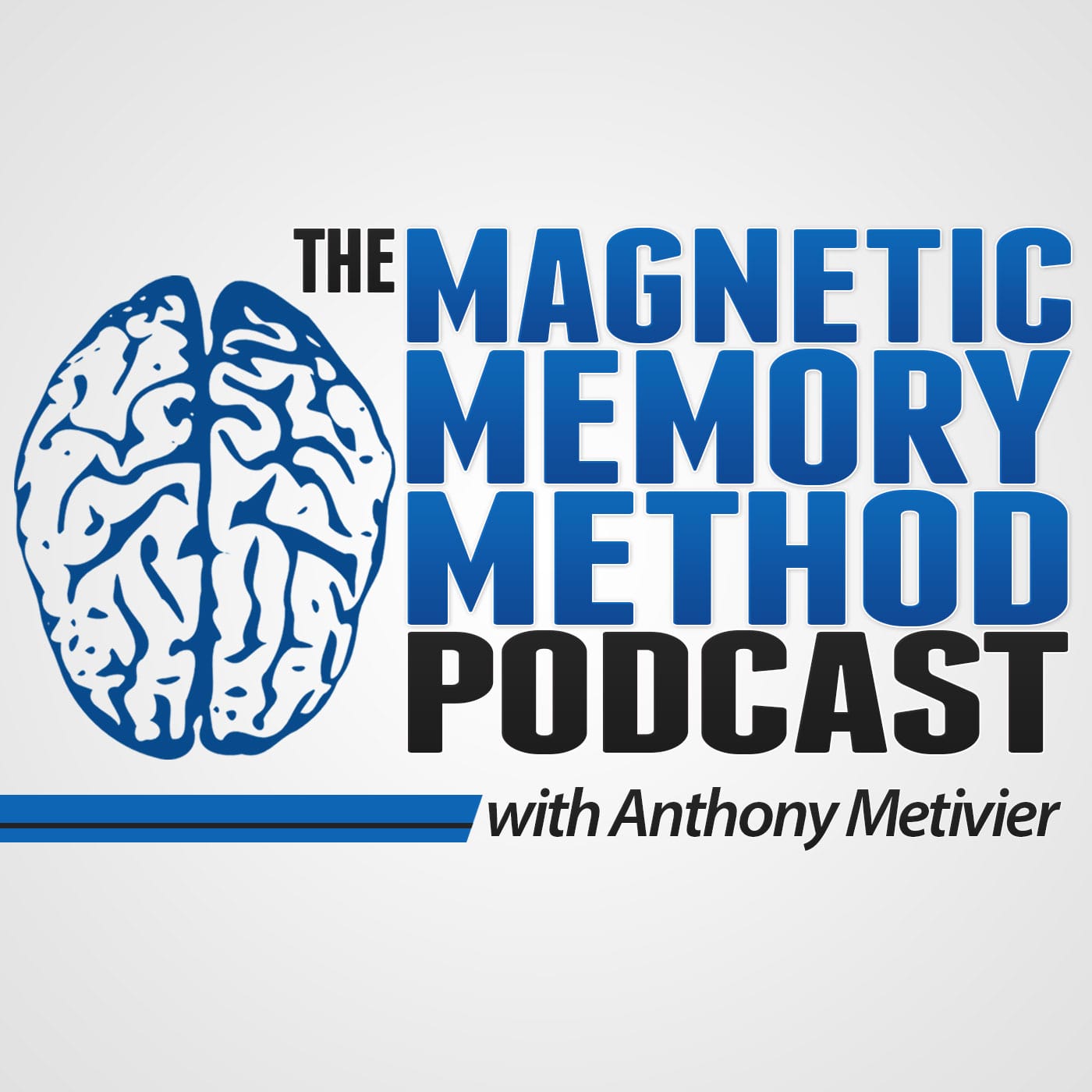
Grandpa Bill's Podcast
BH Sales Kennel Kelp Holistic Healing Hour
Retired holistic health enthusiast, Grandpa Bill, shares his wisdom and experiences in the realms of health, wealth, and well-being. Join Grandpa Bill on his journey of holistic health and personal growth. With over 45 years of experience in the industry, he has a wealth of knowledge to share on topics ranging from nutrition and supplements, to meditation and spirituality. In his retirement, Grandpa Bill is dedicated to sharing his insights and helping others to achieve their full potential. He is an intuitive thinker, humorist, star seed, poetry fan, with a passion for history and coins.
Hosted by Grandpa Bill, 50 year career now retired
Disclaimer:This podcast site content is provided for informational purposes only, and does not intend to substitute professional medical advice, diagnosis, or treatment.
Grandpa Bill's Podcast
Natural Instinct and Trained Precision
Grandpa Bill overviews "Reborn"
Jacobus Publicius (fl. 1465-1482) was a significant figure in the history of memory techniques, particularly as a rhetorician and physician during the 15th century. He is primarily known for authoring one of the first printed works dedicated to the art of memory (ars memorativa).
- Pioneer of Printed Memory Treatises: Publicius is credited with publishing one of the earliest, if not the very first, printed books on memory techniques. His work, often titled Ars Oratoria, Ars Epistolandi, Ars Memorativa, was published in Venice by Erhard Ratdolt in 1482. This marked a crucial step in the wider dissemination of mnemonic principles beyond manuscript circulation.
- Influential Work: Ars Memorativa: This section of his larger rhetorical treatise laid out practical methods for organizing and improving memory. It drew heavily on classical and medieval traditions of memory, rather than necessarily introducing entirely new concepts, but its availability in print made it highly influential for subsequent scholars interested in memory, including later polymaths.
- Mnemonic Alphabet: A notable feature of Publicius's Ars Memorativa was its mnemonic alphabet. This system associated each letter of the alphabet with an object or image that visually echoed its shape. For instance, "A" might be depicted as a folding ladder, "B" as a mandolin, and "C" as a horseshoe. This visual aid was designed to help users remember the letters and, by extension, information linked to them. These illustrated alphabets were a common feature in memory treatises.
- "Wandering Humanist": Little is known about Publicius's exact biography, but he is described as a "wandering humanist" of Hispanic origin (possibly from Valencia, Spain), who identified himself as a "Civis Florentinus" (Florentine Citizen). He is recorded as having lectured at universities in various Central European cities like Basel, Leipzig, and Erfurt in the 1460s, possibly while also practicing as a doctor. This itinerant lifestyle was characteristic of many humanists spreading new ideas across Europe.
- Context within Memory Traditions: Publicius's work falls within the long-standing tradition of the ars memorativa, which dates back to ancient Greece and Rome. These "arts of memory" were crucial for orators and scholars who needed to recall vast amounts of information before the widespread availability of books. They often involved techniques like the "memory palace" (method of loci), where information is mentally placed in a familiar architectural space to aid recall.
In essence, Jacobus Publicius's contribution lies in his role as an early adaptor and disseminator of memory techniques through the new medium of print, making these valuable cognitive tools more accessible to a wider audience during the early Renaissance
natural memory trained memory-Maine Mentor Moments in Business and in Life-Retired GB gives back via Goodwill Ambassadorship
The concepts of natural memory and trained memory (also often referred to as "artificial memory" or "the art of memory") represent two distinct, yet often complementary, ways the human mind retains and retrieves information.
#NaturalMemory, #TrainedMemory, #MemoryPalace, #Mnemonics, #Neuroscience, #CognitiveScience, #LearningStrategies, #BrainTraining, #MemoryHacks, #StudyTips, #NeuralPathways, #Mindfulness,#KnowledgeBuilding, #PersonalGrowth, #LifelongLearning,
Creative Solutions for Holistic Healthcare

